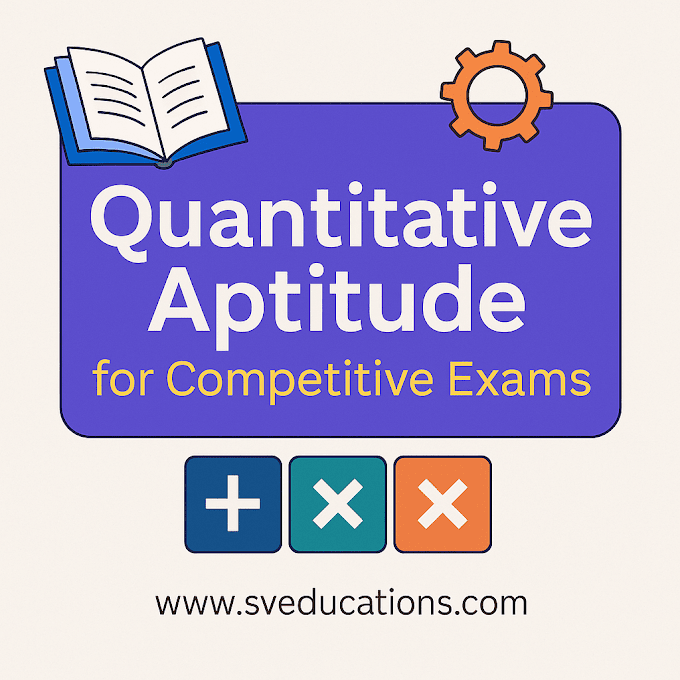🧮 SSC Class 10 Maths – Real Numbers (Exercise 1.3)
Real Numbers include all numbers—positive, negative, whole numbers, fractions, and decimals. These are called real because they are not imaginary.
📘 What Are Real Numbers?
- Real numbers include rational numbers like ½, -3, 0, 4.75
- And irrational numbers like √2, π
- Real Numbers = Rational Numbers + Irrational Numbers
📝 Exercise 1.3 – Real Numbers
Question:
Write the following rational numbers in their decimal form. Also, state which are terminating and which are non-terminating repeating decimals.
💡 Understanding Terminating vs Non-Terminating Decimals
Terminating decimal: Ends after a few digits.
Non-terminating repeating decimal: Goes on forever with a repeating pattern.
🔢 Examples:
Example 1:
If the denominator has only 2’s or 5’s (like 2, 4, 8, 10, 25), the decimal is terminating.
E.g.,
1/4 = 0.25 → Terminating
3/5 = 0.6 → Terminating
Example 2:
If the denominator has any prime number other than 2 or 5, the decimal is non-terminating repeating.
E.g.,
2/11 = 0.181818… → Repeating
5/6 = 0.8333… → Repeating
📘 Real Numbers Theory Summary
- Definition: All measurable numbers—positive, negative, fractions, and decimals
- Imaginary Numbers: Numbers like √(-1), not real
- Real-world Use: Used in real-life calculations and measurements
🧠 Mathematician Highlight – John Napier (1550–1617)
- Discovered logarithms
- Invented Napier’s bones
- Popularized the decimal point
🔗 Related Topics
❓ FAQs on Real Numbers – Class 10
- What is a real number?
Any number on the number line including rational and irrational numbers. - Is 0 a real number?
Yes, 0 is a rational number and hence a real number. - What is the condition for a terminating decimal?
The denominator must have only 2 and/or 5 as prime factors. - Is √2 a real number?
Yes, it’s irrational but still a real number. - Can a decimal be both repeating and terminating?
No. A decimal is either terminating or repeating. - What is the importance of real numbers?
They are used in all real-life calculations. - Who introduced real numbers?
The concept evolved over time, finalized in the 19th century. - Are all fractions real numbers?
Yes, all fractions are rational and thus real numbers. - Can a real number be negative?
Yes, real numbers include negatives. - Are imaginary numbers real?
No, they are separate from real numbers.






